Building a Scalable BDD Automation...
November 12, 2025
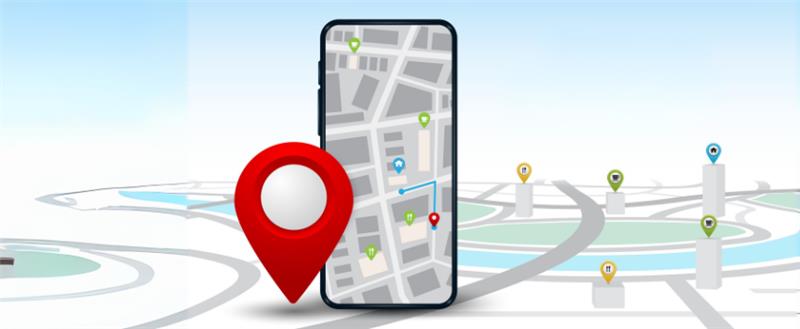
In today’s hyper-connected digital ecosystem, accurate geolocation is more than a convenience—it’s a necessity. From ensuring family safety to managing enterprise logistics, Location Tracking Apps have redefined how we interact with the world.
Powered by technologies like GPS, Wi-Fi Positioning, and Bluetooth, these apps deliver real-time visibility and improved control over assets and people. According to Statista, the number of global users of location-based services is expected to surpass 2.7 billion by 2025, indicating the rising reliance on these platforms.
Location Tracking Apps use a mix of advanced technologies to pinpoint the exact location of a device, usually a smartphone or tablet. These methods vary in accuracy, energy consumption, and use cases.
Here’s how they function:
The most widely used technology. Devices communicate with satellites to triangulate location, typically accurate to within a few meters. Best suited for outdoor use.
Utilizes nearby cell towers when GPS signals are weak—like indoors or urban areas—to estimate location based on signal strength.
Uses known Wi-Fi network data to determine indoor positions. Highly effective in dense urban environments.
Ideal for indoor environments. Measures signal strength or time-of-flight between devices for precise tracking, often within centimeters.
Accelerometers and gyroscopes in smartphones track movement, enhancing overall accuracy when combined with GPS or Wi-Fi data.
Enhanced Safety: Parents can ensure children are safe; companies monitor high-value shipments.
Business Efficiency: Real-time vehicle tracking boosts supply chain visibility and delivery accuracy.
Emergency Response: Enables instant location sharing with emergency services.
Convenience Features: Automate reminders or notifications based on location.
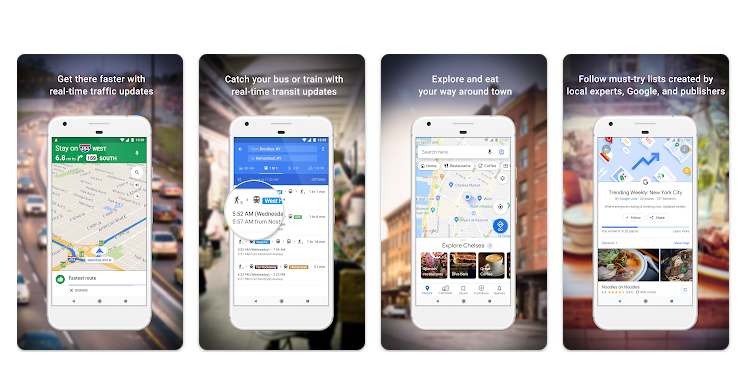
Still the most widely used app to find someone’s live location. Beyond navigation, Google Maps lets users share their location, set travel routes, and even see location history.
Top Features:
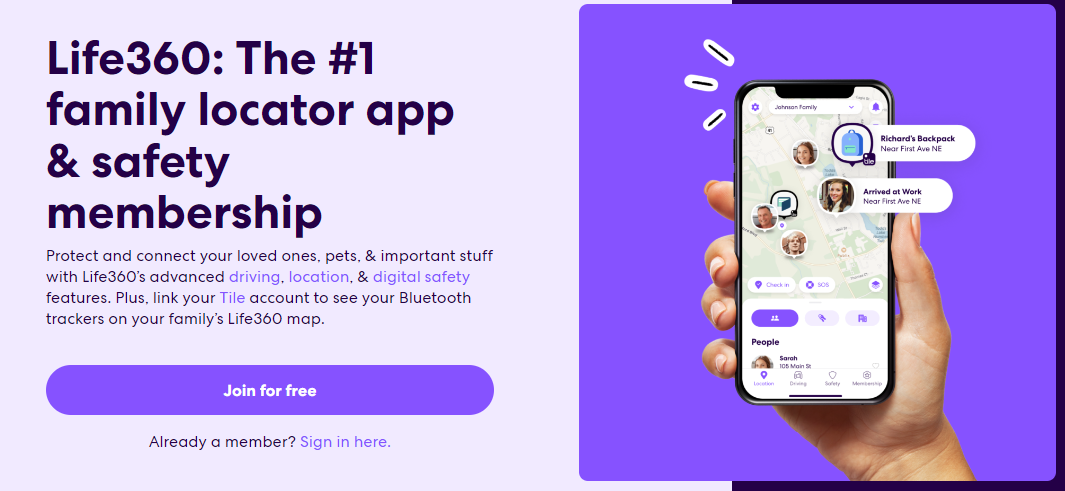
A family-first app used to monitor your children or partner’s location, with crash detection and emergency alerts.
Top Features:
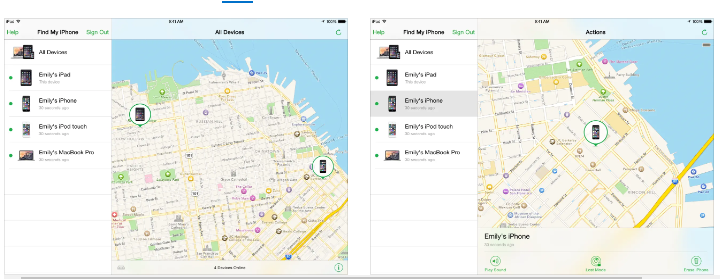
An Apple-native solution to track any Apple device, including phones, AirPods, and family members through iCloud.
Top Features:
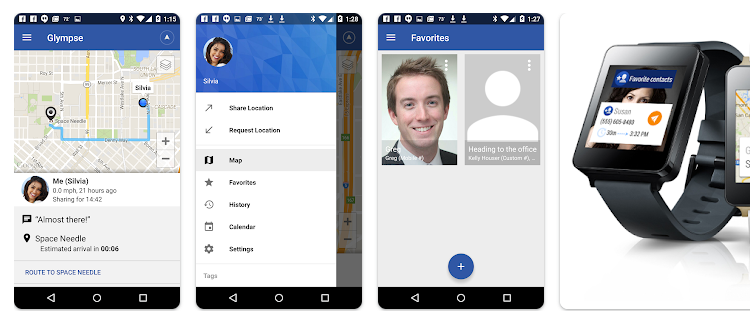
Great for one-time sharing. Send a live link to let someone track your location temporarily, even without an app.
Top Features:

One of the best apps for monitoring kids’ locations and digital activity, including screen time and app usage.
Top Features:
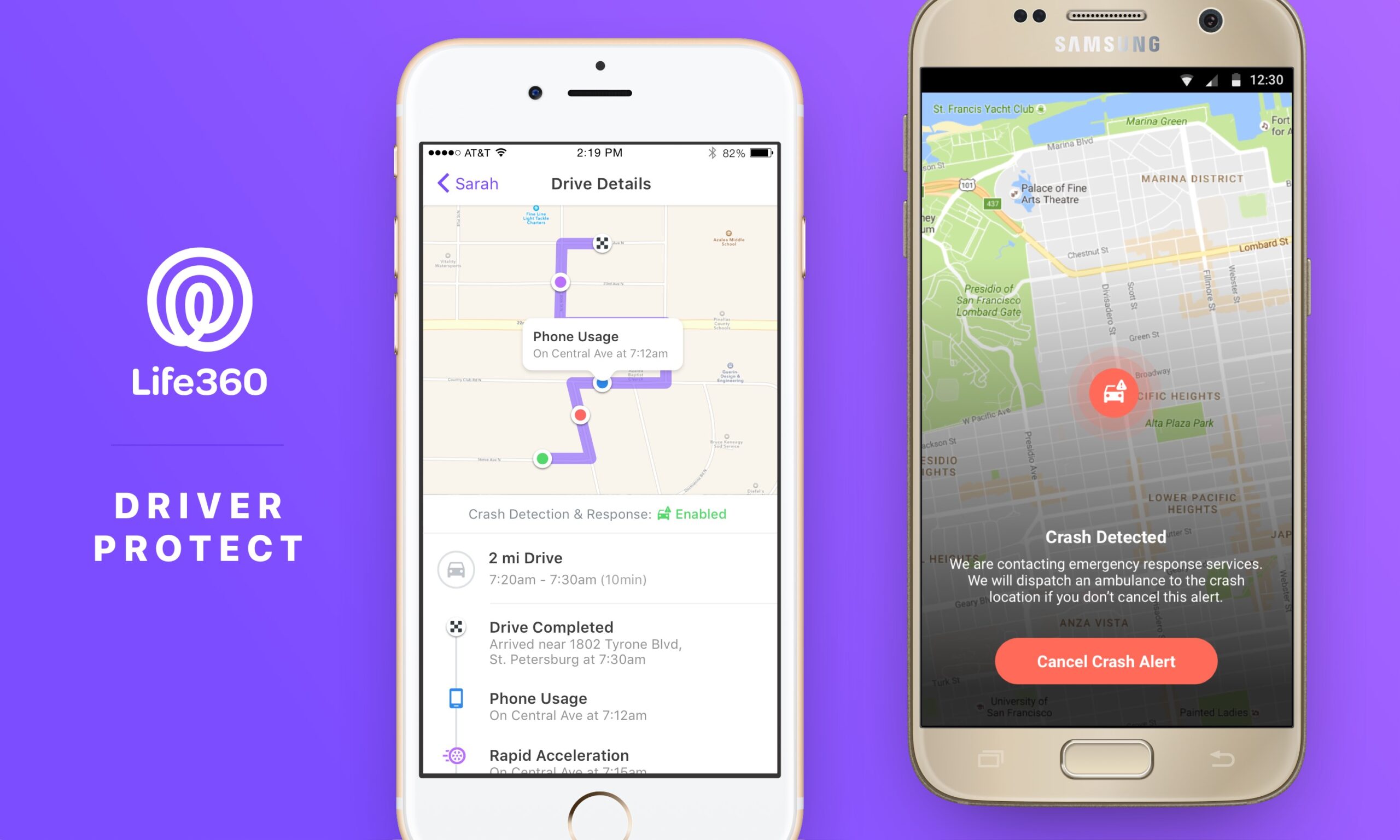
A premium upgrade to Life360 focused on driver tracking and safety. Perfect for teens or elderly family members.
Top Features:
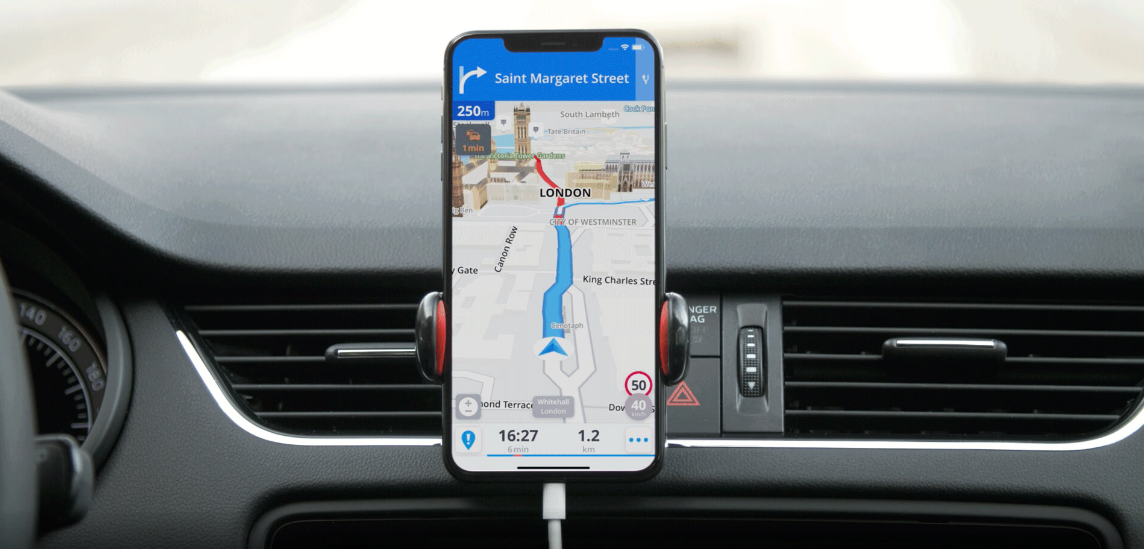
Ideal for offline navigation and location sharing on the go, even when you’re off the grid.
Top Features:
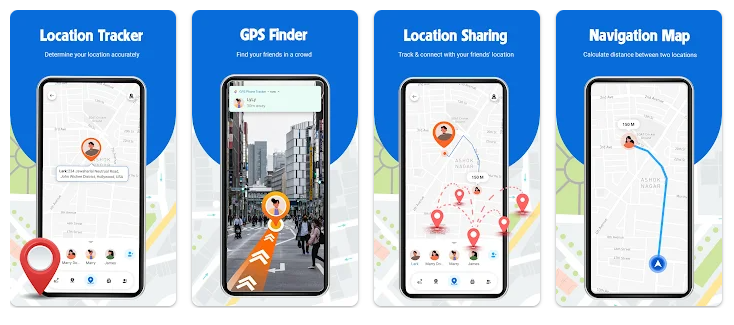
A simple, no-frills GPS tracker that helps you locate anyone using just their phone number (with consent).
Top Features:
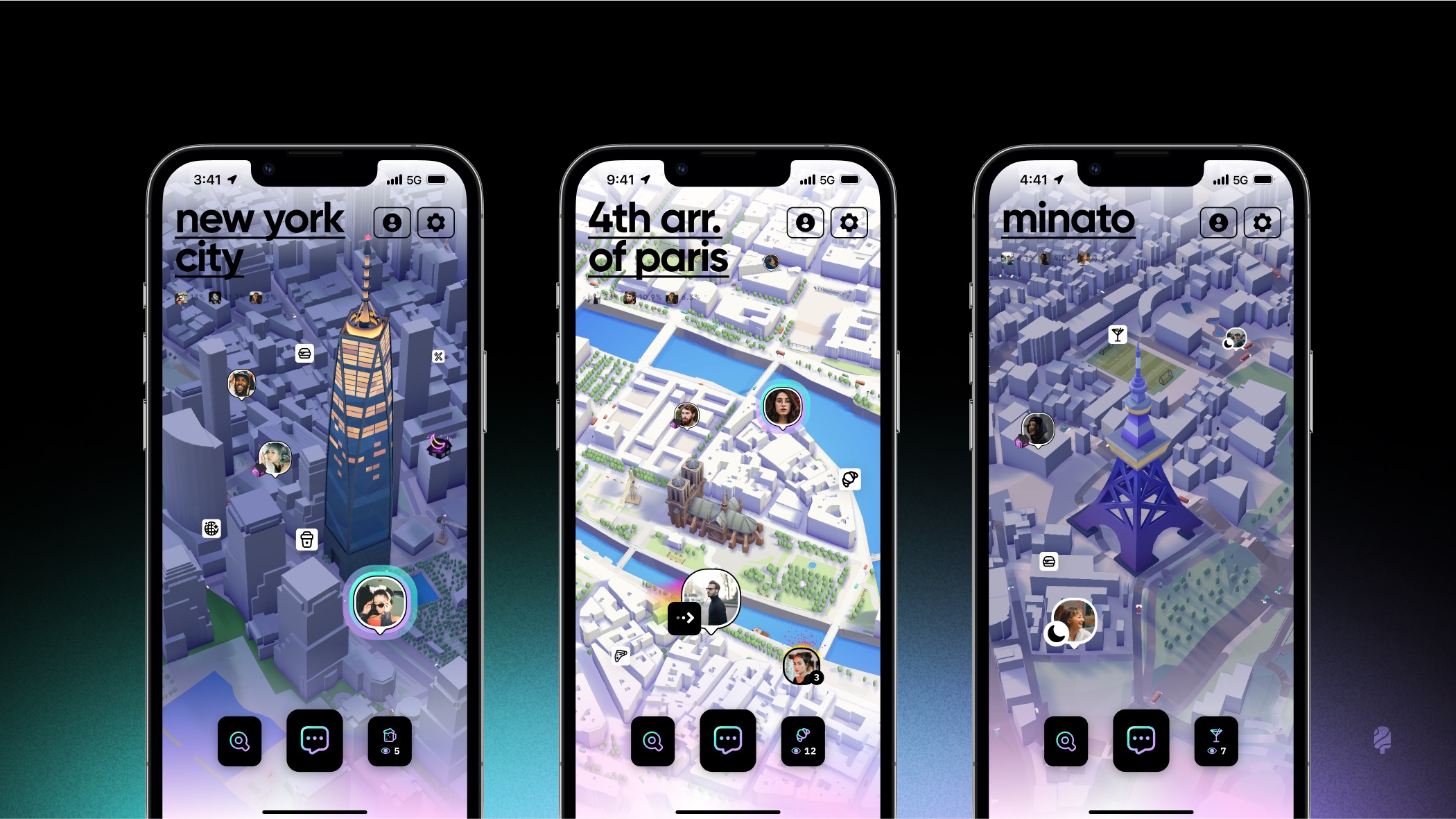
Previously known for letting teens track friends in real time, Zenly features now live inside Snapchat’s Snap Map.
Top Features:

Though not a people-tracker per se, Waze allows you to share your ETA and live travel route with friends.
Top Features:
Tech moves fast, and Location Tracking Apps are evolving beyond just GPS dots on a map. Here are the innovations shaping the next era:
AR-enabled apps will overlay real-time directions and local information right in front of your eyes, while VR tools can simulate physical navigation for training or emergency preparedness.
Expect devices like smartwatches, drones, wearables, and logistics hubs to communicate seamlessly via geolocation. Smart cities will rely on this to improve transport, healthcare, and public services.
With ultrasonic sensors and UWB, you’ll be able to locate objects or people inside large buildings—like finding a lost suitcase at the airport.
AI will help predict where users will go next, flag traffic build-ups before they happen, or even detect if someone deviates from a known safe route.
With growing concern around surveillance and tracking abuse, expect new regulations, stricter app permissions, and location anonymization standards.
These apps help keep our loved ones safe, help businesses run smoothly, and make our lives easier. After looking at many of these apps, we can confidently say that the Best App Development Company will consistently deliver applications that showcase accurate location tracking, prioritize user privacy, ensure user-friendliness, and offer multifunctionality.
Depending on your specific needs, whether it’s to monitor your children, manage a fleet of vehicles, or track an adventure, it is crucial to choose an app that not only serves its purpose effectively but also safeguards your data. As technology continues to advance, we can anticipate these Location Tracking Apps becoming even more proficient at pinpointing locations, bridging the gap between online and real-world experiences.
3 Replies to “Explore The Best Location Tracking Apps for Pinpoint Accuracy”
Explore The Best Location Tracking Apps for Pinpoint Accuracy - DevStackTips
August 7, 2025
[…] post Explore The Best Location Tracking Apps for Pinpoint Accuracy appeared first on […]
Advanced Java Caching: TTL, Pub/Sub, Redlock & Scaling Strategies
August 11, 2025
[…] Expert view: Track Real-Time Location with Best Location Tracking Apps […]
Mastering Java Caching: From Basics to Advanced Techniques - DevStackTips
August 12, 2025
[…] Expert view: Track Real-Time Location with Best Location Tracking Apps […]
Comments are closed.